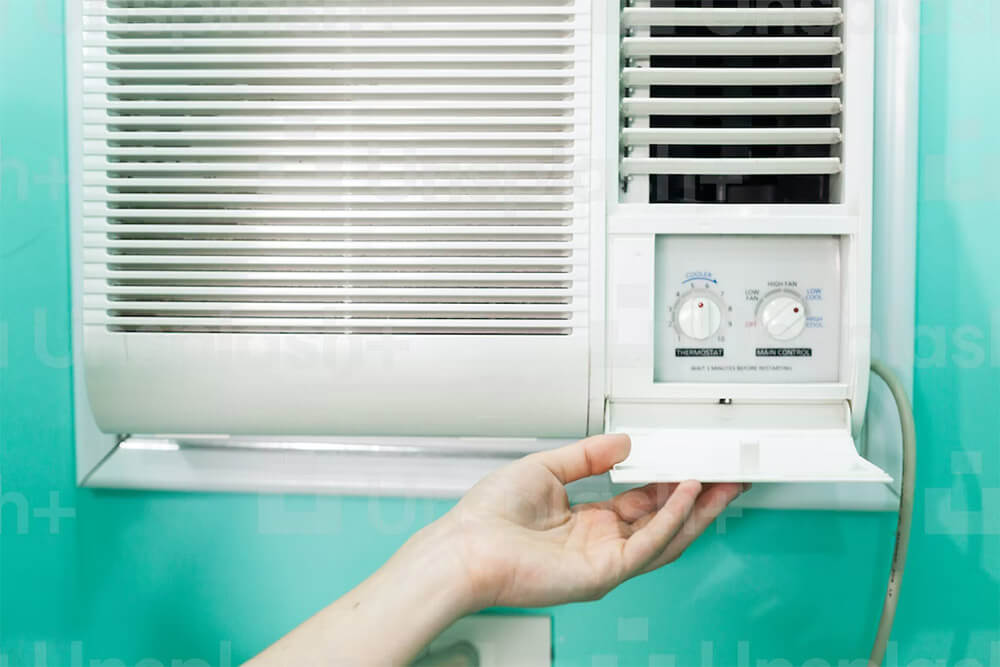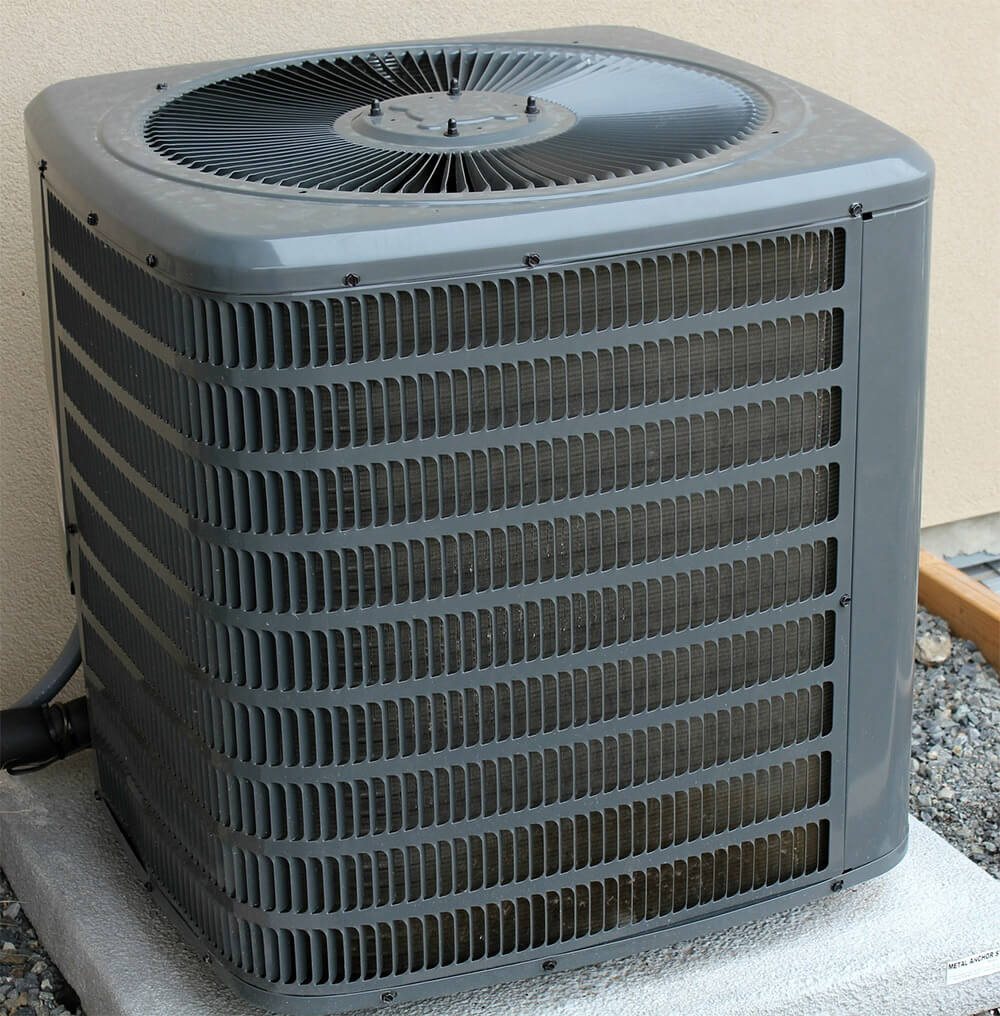Is your air conditioner in need of a full reset? Don’t worry—we can help.
Out of all the household devices, air conditioners are the ones that we hold near and dear when it is warm and humid. Most modern homes have an air conditioning unit, which means that most homeowners also experience the occasional problem with them. When your A/C unit starts acting up, you will want to start with a system reset. What does this take? Just a few simple steps!
Resetting Your Air Conditioner
Every air conditioner is different, and the process of resetting them is not necessarily universal. Of course, there are many common methods that can be used for a lot of the more popular devices—and some strategies to use if these methods don’t work!
Turn it Off and Back On
No one likes to hear it, but it is the first step for a reason. Manually turning an air conditioner offer and then turning it back on just might be enough to resolve your issues. This might seem like a silly step, but experts will tell you that it can be a powerful one. Sometimes, your unit just needs a quick break.
Use a Reset Button if There is One
To make resetting an A/C unit more convenient, some models actually have dedicated reset buttons. These buttons can be used to effortlessly restart your air conditioner in one simple step. Most of the time, you will need to hold down the button until the system reboots. Wait times can vary.
Follow the Provided Instructions
When in doubt, you can always reset your air conditioner by following the instructions that come with it. These details might be included in a manual or on the device itself, so always check for them. One look at the reference materials might just show you that you are using the wrong approach.
Partner with Local Experts
Some air conditioning units don’t respond well to homeowners and need that expert opinion. When your unit refuses to reboot, or you notice that you still have problems after a full reboot, you will want to call your local HVAC experts. Repairs, installations, and personal support are all offered by these professionals, and they can get your air conditioner back online!
The Takeaway
An air conditioner that isn’t responding to reboots or continues to have problems needs to be checked out by professionals. Most of the time, your system will need a repair or replacement. Fortunately, there are plenty of professionals supporting Denver air conditioner repair–like us! Our team is here to help you understand your HVAC systems and can help you with any single problem that might arise. We are here to be your partner in the world of HVAC, no matter what stunts your air conditioner tries to pull!




